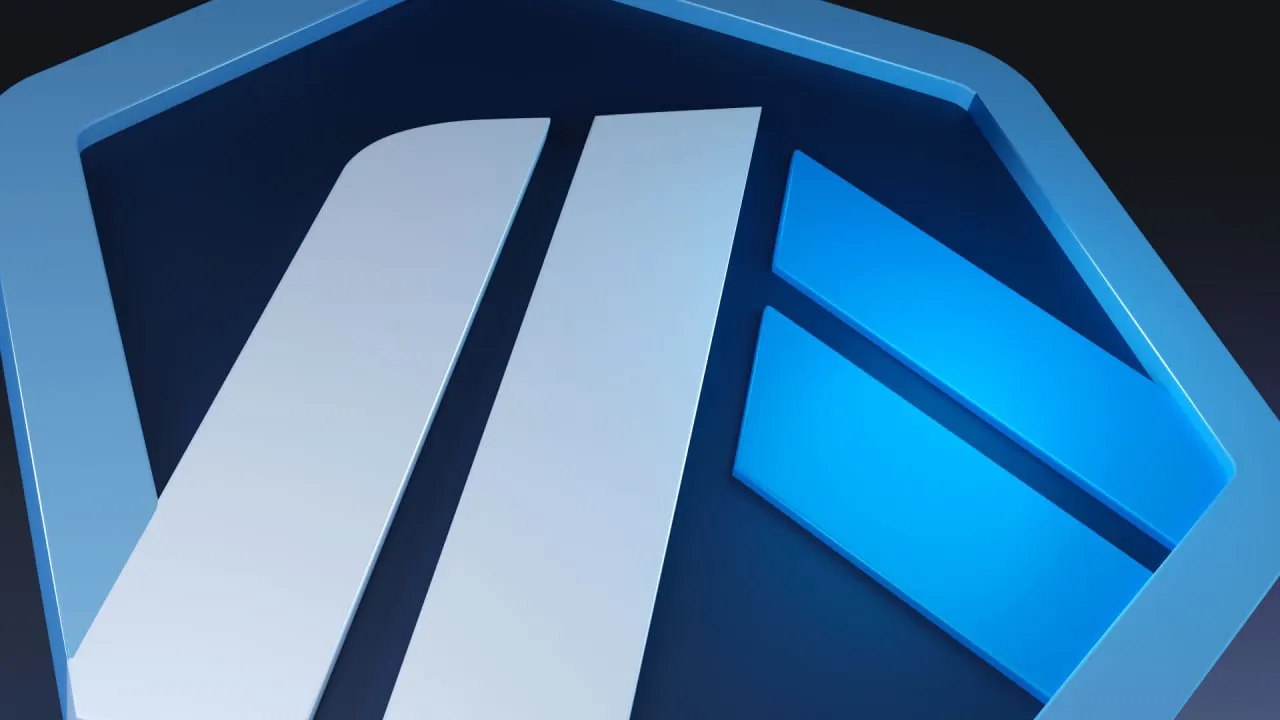Since the arrival of CryptoKitties in 2017 and DeFi Summer in 2020, the industry is still grappling with how to make blockchains better, cheaper, and faster.
And this is precisely where Offchain Labs’ chief strategy officer A.J. Warner and his team are setting up camp: solving the famed blockchain trilemma.
The blockchain trilemma refers to the three core challenges developers face when building a blockchain: scalability, security, and decentralization. Gains made in one of these areas are concessions in another.
With so many options for trade-offs, there have been several experiments across the layer-1 space, ranging from Ethereum to Solana, Algorand, and Celestia.
“Ethereum solves that by focusing on security, decentralization, and outsourcing throughput to rollups, that’s their version,” Warner told Decrypt.
As for a network like Solana, it's attempting to have “all of this throughput exist in a single environment, and make sure that the thing is also secure and decentralized,” he said. “I’m not even sure if this might defy the law of physics.”
As for a solution to the trilemma, the developer team at Offchain Labs is working hard to scale Ethereum with its rollup-based network called Arbitrum.
At $5.68 billion in total value locked, a measure of how much money is sloshing around a protocol or dapp, Arbitrum is head and shoulders above the competition. In terms of speed, it’s certainly an improvement, too, with a measured daily seven transactions per second over the last week.
Compared to payment heavyweights, like Mastercard or Visa, however, it’s still far from replacing the traditional competition.
“If somebody solves the trilemma in a more efficient way, that would be the big breakthrough,” said Warner. “But, I don't think we're so close.”
Alongside solving one of the industry’s trickiest problems, such a solution would also have to earn the mindshare of the developer masses.
“You don't have to just solve it,” he told Decrypt at EthCC Paris this year. “It has to be a huge order of magnitude, an experience that will inspire confidence in both users and developers.
Arbitrum’s ‘holy grail’
Warner says that one of the areas the Arbitrum team is “really excited” to be working on is permissionless validation, which he describes as “pretty close to the holy grail of rollup technology.”
Rollups are a type of scaling solution that “rolls” multiple transactions together. The final transaction is presented to the blockchain as a single transaction.
There are two main types of rollups: Optimistic and zero knowledge.
Optimistic rollups assume the rolled-up data is valid, thus speeding things up. To protect against fraud and error, optimistic rollup protocols allow users to contest transactions. The flagged transaction is submitted directly to the Ethereum network to check its legitimacy and settle the dispute.
Zero-knowledge rollups– zk-rollups–rely on zero-knowledge proof cryptography, which allows a key detail, such as how old someone is, to be mathematically proven without disclosing additional information, like that person’s nationality without disclosing their passport.
Of the two rollup flavors, Arbitrum falls into the optimistic category.
Warner says permissionless validation is the holy grail of rollup tech “because the fundamental security properties of a rollup, which distinguish it from alternative L1s and Ethereum, is you only need to trust one honest validator. And if it's permissionless, that’s another way of saying you only need to trust yourself.”
According to Warner, there are fifteen external validators on Arbitrum, which gives users some level of confidence.
Now, if one of them submitted an invalid state transition, then in a permissionless system, users can challenge it themselves and have the confidence that they can protect their assets in real-time.
Contrast this with the current system where, as Warner says, “you'd have to raise a red flag and one of the 15 validators would be incentivized to challenge anyways because they would want to defend the protocol, but then you rely on them to do it.” He adds: “So, this is pretty close to the Holy Grail.”
Permissionless validation thus enables the community to assess the quality of its validators, bringing the network one step closer to full accountability and transparency.
And, another step closer to adequately solving the industry’s trilemma.


